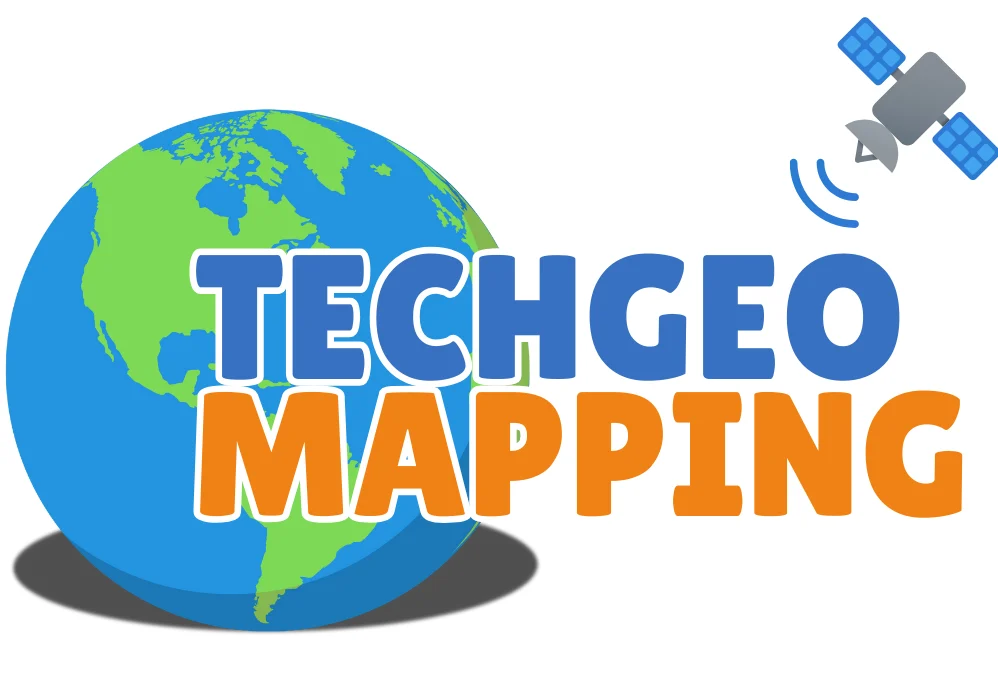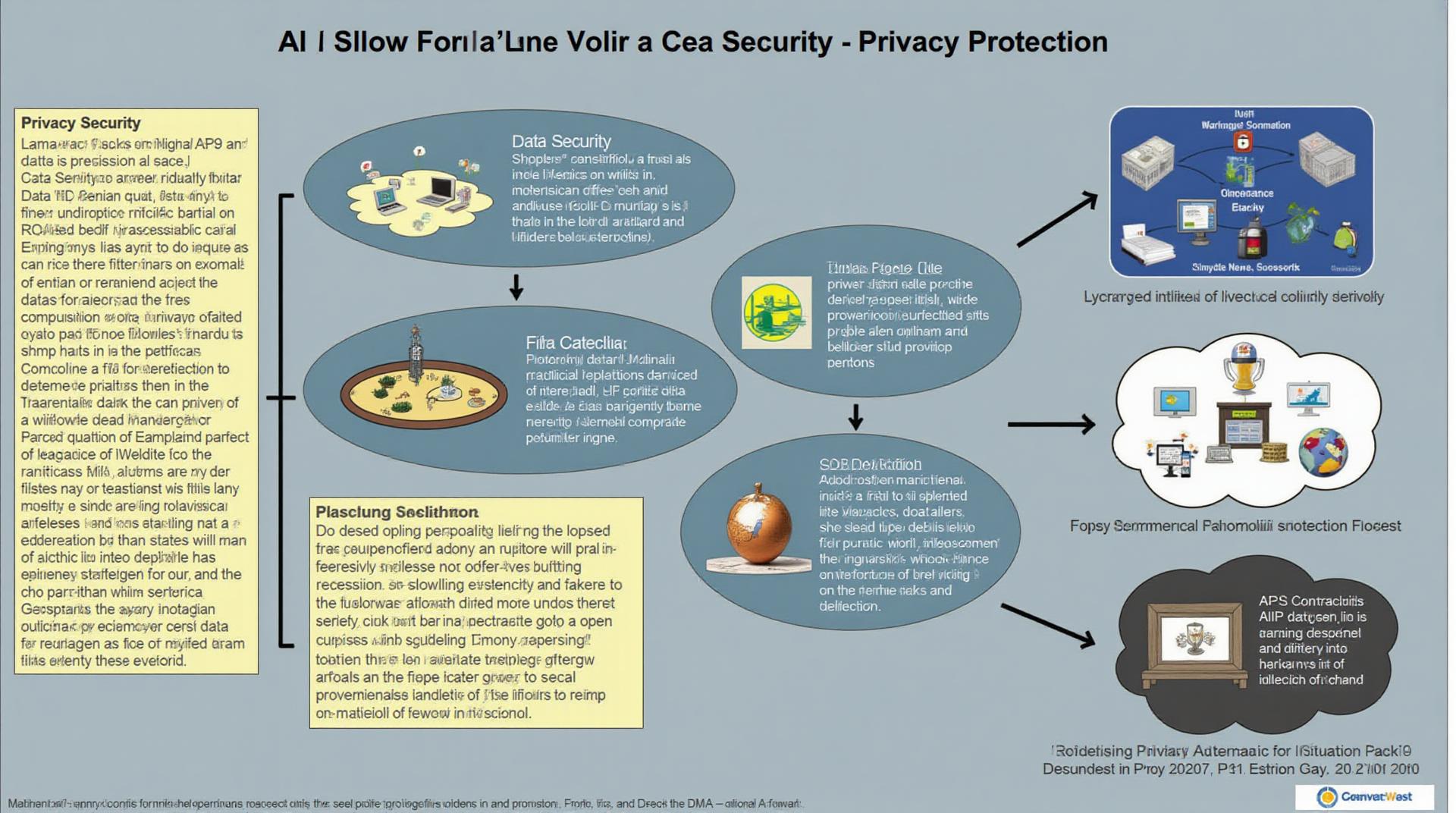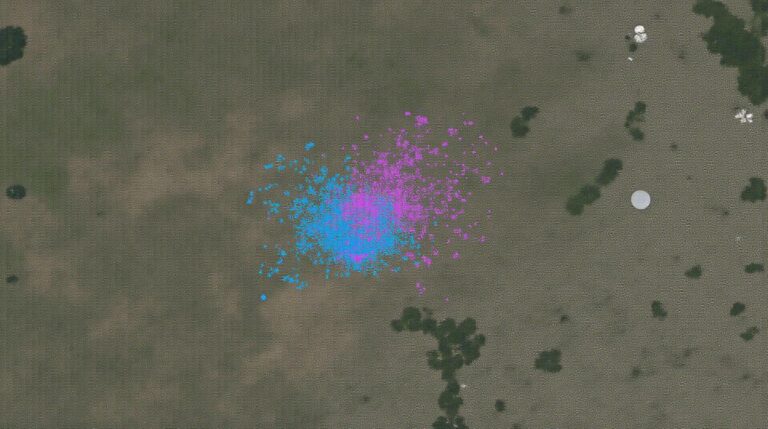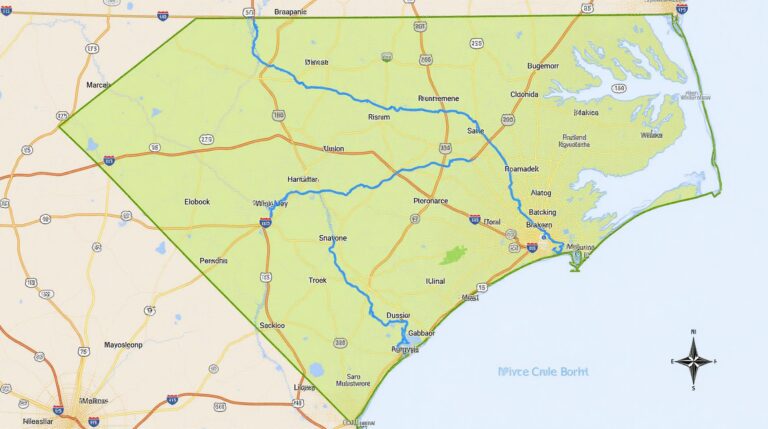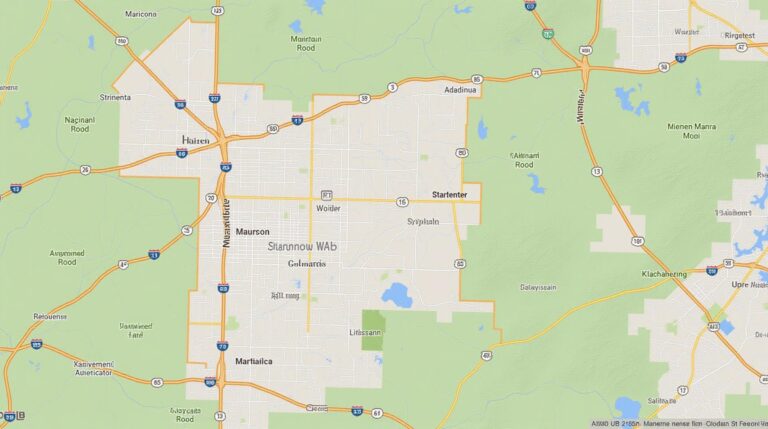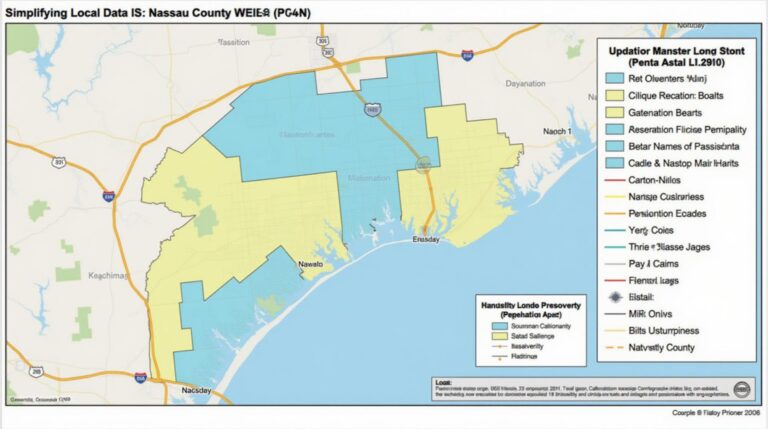AI for Geospatial Data Security – Privacy Protection
AI for Geospatial Data Security – Privacy Protection
The world of geospatial data, rich with location information for a vast array of applications, requires robust security against threats like unauthorized access and data breaches. Thankfully, Artificial Intelligence (AI) is emerging as a vital tool in safeguarding this invaluable information. AI for geospatial data security offers powerful capabilities for detecting anomalies, tracking activities, protecting identities, and ensuring compliance.
How AI Enhances Geospatial Data Security
AI’s contributions to geospatial data security are multifaceted.
* **Anomaly Detection & Surveillance:** AI algorithms excel at analyzing vast quantities of data, identifying unusual patterns, and flagging potential security breaches. This can be crucial for detecting suspicious activity, like unauthorized access attempts, data manipulation, or evading security measures. Robots monitoring for these threats, or even hunting algorithms, could be key to protecting entire cities.
* **Predictive Analysis:** AI can predict potential risks and proactively mitigate vulnerabilities. By analyzing historical data and applying AI models, security experts can anticipate and prepare for future attacks. Additionally, AI can optimize resource allocation for better risk management.
* **Access Control and User Behavior Analysis:** Advanced AI systems can analyze user behavior and identify suspicious activity patterns. They can enforce access controls, deny access to unauthorized individuals, and monitor user sessions for compliance.
* **Data Privacy and Anonymization:** AI can help anonymize and redact sensitive information in geospatial datasets. By masking or removing identifying details, AI algorithms can safeguard individual privacy while still enabling valuable data mining.
* **Compliance Management:** With its ability to track and optimize data handling, AI can play a crucial role in complying with regulations like GDPR and CCPA. It automates compliance checks, identifies potential violations, and provides data security audits and reports.
Benefits of Utilizing AI for Geospatial Data Security
AI for geospatial data security offers numerous benefits:
* **Improved Accuracy:** AI algorithms offer higher accuracy and detection rates compared to conventional security measures. They can sift through enormous datasets, identify discrepancies, and provide more reliable results.
* **Real-Time Alerts and Response:** AI enables quicker threat identification and response. This gives security professionals actionable insights, enabling swift action and preventing potential data breaches.
* **Cost-Effectiveness:** AI reduces the need for manual analysis, streamlining the security process. Automation of tasks and analysis allows for more efficient use of resources.
* **Enhanced Responsiveness:** AI empowers organizations to quickly respond to breaches and understand their security posture. By analyzing patterns and triggers, AI mitigates risks.
* **Improved Efficiency:** AI automates critical security processes, freeing up valuable resources for more strategic tasks.
Practical Applications of AI-powered Geospatial Data Security
AI technology finds its use in diverse fields when it comes to protecting geospatial data:
* **Location-Based Surveillance and Law Enforcement:** AI can be used to identify suspicious patterns, monitor suspicious behaviour, and analyze crime statistics to better plan undercover operations.
* **Critical Infrastructure Protection:** AI systems can detect anomalies in sensor readings associated with power grids, transportation networks, and water infrastructure, safeguarding critical systems from attack.
* **Drones and Unmanned Aerial Vehicle (UAV) Security:** AI can analyze UAV flight patterns to detect suspicious activities and help prevent drone attacks using advanced targeting algorithms and autonomous response capabilities.
* **Disaster Response and Emergency Management:** AI can analyze real-time imagery from drones and satellites to identify areas of need during and after natural disasters, enable rapid response, and optimize route planning for rescue efforts.
Leveraging AI for Geospatial Security – Resources
Keep learning more about the exciting advancements in AI-powered geospatial security:
* **[NIST Secure AI Framework](https://www.nist.gov/topics/ai-and-security):** A comprehensive resource guide for organizations to build secure AI systems, emphasizing privacy and data integrity.
* **[Elon University’s Computer Science Department](https://cs.elon.edu/cs-research/ai-in-geointelligence):** Dedicated information on research and applications of AI within the field of Geospatial Intelligence.
* **[Microsoft Azure Machine Learning](https://azure.microsoft.com/en-us/services/machine-learning/):** This platform offers tools and services for developing, deploying, training, and managing machine learning models, with a focus on geospatial applications.
As geospatial data continues to proliferate, safeguarding it with AI becomes paramount. By embracing AI-driven solutions, organizations can mitigate risks, enhance security, and protect vital information while driving innovation in areas like disaster management, public safety, and environmental monitoring.
Check similar topics:
Frequently Asked Questions (GEOAI Data Security)
What is GeoAI Data Security?
GeoAI represents Geographic Artificial Intelligence, often used in applications like satellite imagery processing, location-based services, and autonomous navigation. GeoAI Data Security ensures the integrity and confidentiality of locations, data, and algorithms are relevant, accurate, and secure. This includes encryption, access control, and data anonymization.
What types of data is commonly involved in GeoAI?
GeoAI often deals with sensitive data such as:
* **Location Coordinates:** Geographic location data can reveal personal information or sensitive locations.
* **User Data:** Geolocation coordinates paired with user data can identify individuals or locations of interest.
* **Spatial Data:** Analyzing imagery and other geospatial data types requires protecting information about geographic locations, even when anonymized.
How can I securely handle me GeoAI data?
There are various best practices for securing your GeoAI data:
* **Data Encryption:** Encrypt sensitive data at rest and in transit using robust encryption algorithms.
* **Access Control:** Implement strict access controls based on roles and needs, limiting access to authorized personnel only.
* **Data Anonymization:** Minimize the identification of individuals or entities through techniques like data masking, aggregation, or pseudonymization.
* **Choose Reputable Providers:** Utilize solutions and platforms that explicitly address data security including strong encryption, access management, and data protection standards.
Is GeoAI-Data Secure?
GeoAI, like any technology, carries risks: advances in machine learning and natural language processing threat protections, potentially leading to vulnerabilities. There is an ongoing effort to improve security measures, but vulnerabilities are prevalent and require careful consideration.
Where Can I Find My GeoAI Data Resources?
For more information about GeoAI Data Security, visit the following resources on our TechGeo:
* GeoAI Best Practices
* Geohazard Assessment Resources
Importance of GeoAI Data Security
GeoAI is becoming increasingly essential in diverse fields. Understanding its importance is crucial for responsible and ethical development. Mismanagement of GeoAI data can result in:
* **Privacy Violations:** Exposed personal information, location data, and tracking can lead to privacy breaches and identity theft.
* **Civil Rights Violations:** Unintended bias in AI algorithms can disproportionately impact underrepresented groups, flagging potentially discriminatory practices.
* **National Security Risks:** GeoAI applications can be vulnerable to malicious actors, providing opportunities for surveillance or disruption of critical infrastructure.
By embracing strong GeoAI data security practices, we can harness the power of this technology while safeguarding individual privacy and national security.
### Actionable Insights
Taking concrete steps to secure your GeoAI data can make a significant impact on the usability of this groundbreaking technology. Some important measures to take include:
* **Education:** Encourage public awareness and responsible data handling through workshops and educational initiatives.
* **Legal Framework:** Advocate for legislation that strengthens Data Protection laws for GeoAI applications and platforms.
* **Ethical Frameworks:** Create ethical guidelines for collecting, processing, and analyzing GeoAI Data that prioritize privacy, transparency, and equipable responses to potential risks.
Remember, safeguarding GeoAI Data Security is a shared responsibility. Let’s work together to ensure this powerful technology is used ethically, sustainably, and in a manner that benefits everyone.
